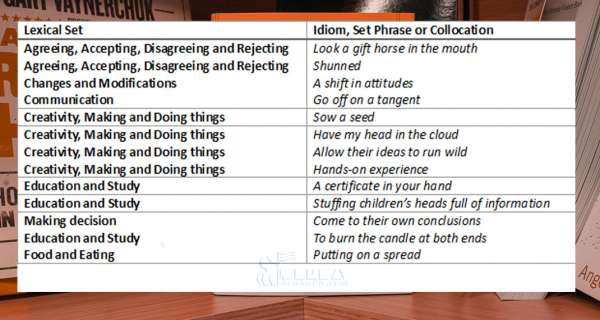
A. Shunned
A. Shunned: Means to be persistently avoided, ignored, or rejected by a group or an individual. It implies being deliberately kept at a distance socially, either in form of punishment or as a means of disapproval or avoidance.
Example of “Shunned”:
1. A shy woman who shunned publicity
2. Victims of the disease found themselves shunned by society.
B. Go off on a tangent
B. Go off on a tangent: Means to start talking about something that is unrelated or only slightly related to the main topic of conversation or the current line of thought. It suggests a deviation from the original subject into a different, often unrelated direction.
Example of “Go off on tangent”
1. During the meeting, the speaker went off on a tangent about his recent vacation, which had nothing to do with the project we were discussing.
C. Stuffing children’s heads full of information
C. Stuffing children’s heads full of information: Means that someone is overloading children with a large amount of information or knowledge, often without considering their ability to process and understand it. It implies a one-sided, overwhelming approach to education that focuses on inputting facts rather than fostering critical thinking or understanding.




















0 Comments